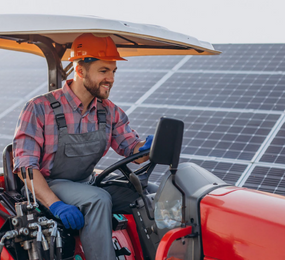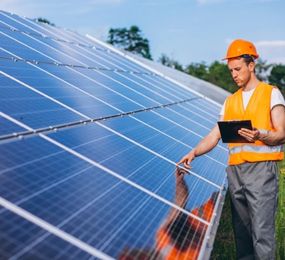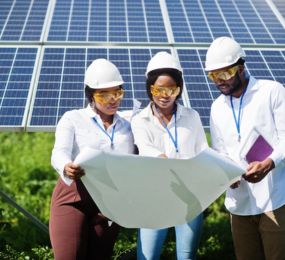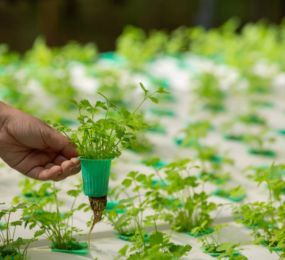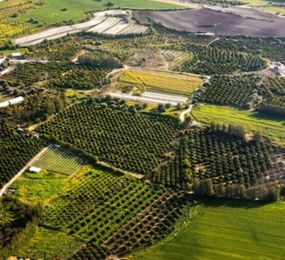Agrivoltaics, the innovative integration of solar energy and agriculture, offers a promising path to a more sustainable future. However, the successful implementation of Agrivoltaics requires careful consideration of water rights and equitable access to this vital resource.
Potential for Conflict: In regions facing water scarcity, the increased water demand associated with agriculture, even with efficient Agrivoltaic systems, can potentially lead to conflicts with other water users, such as domestic and industrial sectors.
Equitable Distribution: Ensuring equitable access to water resources is crucial for the sustainable development of Agrivoltaics. It is essential to avoid situations where large-scale Agrivoltaic projects disproportionately consume water resources, potentially impacting the livelihoods of small-scale farmers and local communities.
Addressing Potential Concerns:
- Water Management Plans: Developing and implementing comprehensive water management plans is essential. These plans should consider the water needs of all stakeholders, including farmers, local communities, and the environment.
- Sustainable Water Practices: Promoting the adoption of water-saving technologies, such as drip irrigation and precision agriculture, within Agrivoltaics systems is crucial for optimizing water use and minimizing environmental impact.
- Stakeholder Engagement: Engaging with all stakeholders, including farmers, local communities, and water resource managers, is essential for developing and implementing effective water management strategies. This inclusive approach ensures that the concerns and interests of all parties are considered.
- Policy Frameworks: Clear and equitable water rights policies are crucial for ensuring the sustainable development of Agrivoltaics. These policies should prioritize water conservation, promote equitable access to water resources, and encourage the adoption of sustainable water management practices.
By carefully addressing water rights concerns and promoting sustainable water management practices, we can ensure that Agrivoltaics contributes to a more equitable and sustainable future for all. This collaborative approach will enable us to unlock the full potential of Agrivoltaics while safeguarding this precious resource for generations to come.
Register today and join us in advancing the future of renewable energy and agriculture: https://bit.ly/3DU2FI2.
For more information and group participation, contact us: [email protected]


